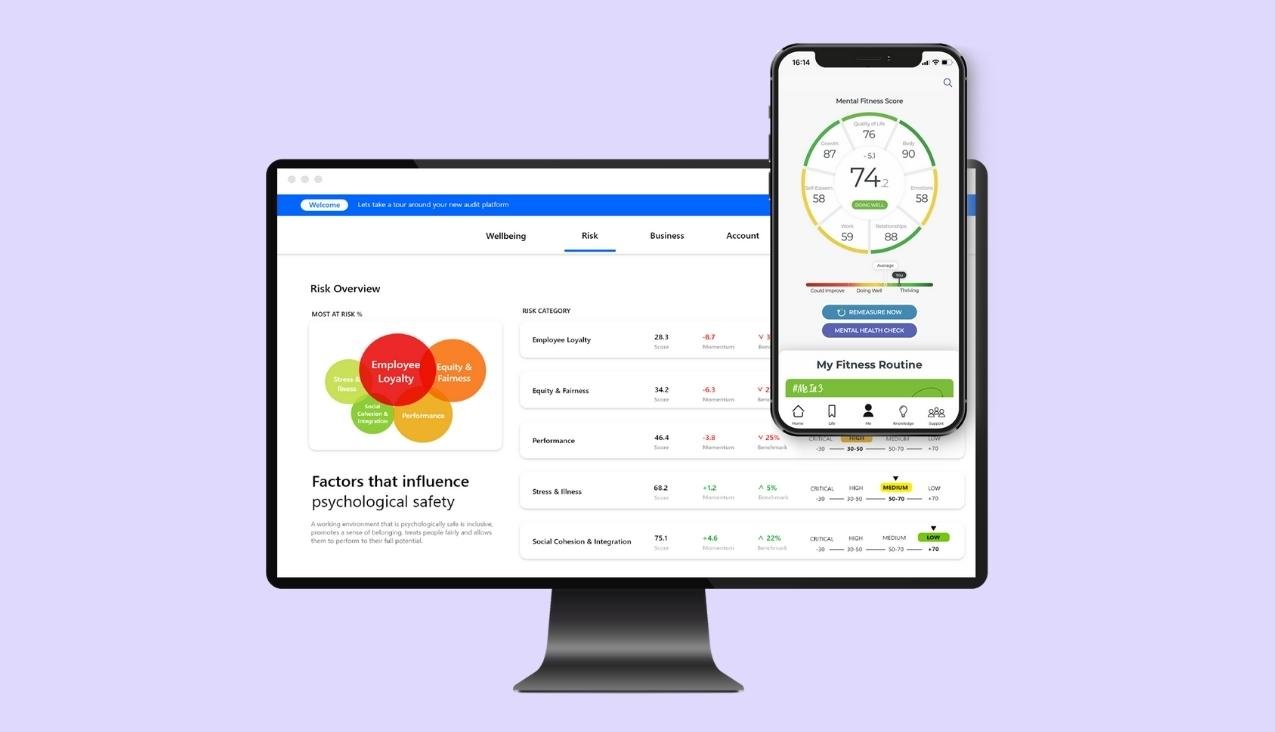Why CFOs must care more about wellbeing
My best advice to any CFO…stop wasting money on wellbeing. That might seem an unusual position for me to take as the CEO of an organisation focused on helping companies navigate the complexities of employee wellbeing. But it’s like any other investment: you should commit to doing it properly or not at all.
Here is what I’ve learnt so far:
Spending has increased but wellbeing has not. Meaning the current approach does not work. Companies are throwing money at a broken model; this is not just a waste of valuable resources but a tragedy for their people
If you don’t have data, you don’t have anything. And you are probably wasting money because you are flying blind and taking educated guesses at whether you have a problem and what to do about it. A few questions in an engagement survey are not good enough; real employee wellbeing data is available, not difficult, and not expensive
Wellbeing can be translated into hard economic numbers. Targets can be set, progress measured, goals achieved, and outcome correlated - just like any other investment you make
If you outsource your wellbeing to an EAP, you are in trouble. They came out of an era where wellbeing services were viewed more as insurance and were not employee-focused. EAPs make the most money when it is used the least. The company benefits (lower prices), the EAP benefits, but the employee does not. This is no longer acceptable to the people you rely on to deliver your business
Your organisational wellbeing must be a strategic imperative. People are your key asset. Just providing support for the small percentage of your workforce that need specific help is important, but it is yesterday’s thinking
Wellbeing is a strong indication of culture, and a toxic culture is terminal for any business
Tougher economic times force a focus on cutting cost and concentrating on productivity. To do this you need a healthy workforce. Now is the perfect time to rethink your wellbeing approach, use measurement to understand if you have a problem, tie this into the key HR analytics, choose areas for improvement and watch the transformation of your business and culture.
If you view wellbeing as something that is only important in the good times when you have spare capital to invest in people, then your chances of not just surviving but thriving through these uncertain times is greatly reduced. Don’t hesitate to book a session with us if you’d like to understand how we can help you improve employee wellbeing, while also cutting your costs.


